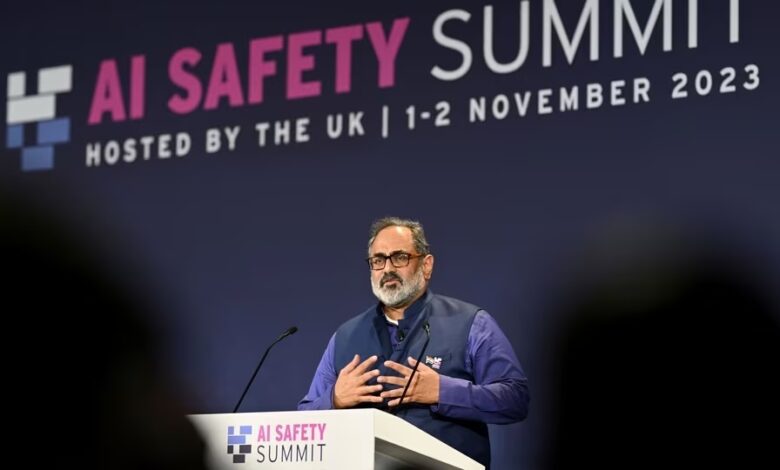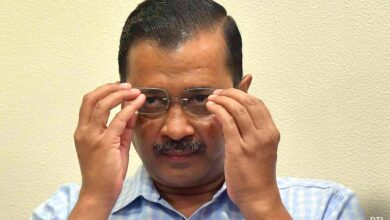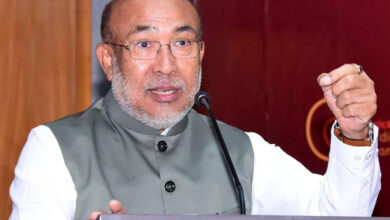India joins 27 nations in historic AI declaration to tackle risks and challenges
The rapid development of AI has sparked a worldwide race among nations to establish comprehensive AI regulatory frameworks.

During a recent summit in London, India, along with the United Kingdom, United States, Australia, and China, came together to address the challenges posed by artificial intelligence (AI). This gathering, known as the AI Safety Summit, aimed to establish a safe and responsible path for the rapid evolution of AI technology. A significant outcome of this event was the signing of the Bletchley Declaration by 28 countries, including India, committing to collaborative AI safety research.
The Bletchley Declaration emphasized the importance of safety considerations across the entire AI development process. It particularly emphasized the responsibility of actors working on advanced AI systems with the potential to cause harm. These developers are urged to ensure the safety of their creations through rigorous testing, evaluations, and other necessary measures.
This summit marked the first major Western effort to regulate the safe development of AI. Tech leaders and policymakers have increasingly expressed concerns about the unchecked progress of AI, which they see as a global existential threat if not properly regulated. The rapid development of AI has sparked a worldwide race among nations to establish comprehensive AI regulatory frameworks.
China, a significant player in AI development, was a notable participant at the summit, signifying its importance in global discussions on AI safety. Leaders from the US, Europe, and prominent figures like Elon Musk and Sam Altman of OpenAI also attended the event, underlining the urgency and significance of the AI safety issue.
The UK Prime Minister, Rishi Sunak, welcomed the Bletchley Declaration as a significant achievement. He highlighted the transformative potential of AI for future generations while stressing the need for responsible development and risk management. Sunak’s proactive stance on AI regulation played a key role in organizing the summit, which emerged as a diplomatic success for the UK.
British digital minister Michelle Donelan expressed her satisfaction with the outcome of the summit, as it brought together many influential stakeholders to collectively address the risks associated with advanced AI. She emphasized that the development of AI cannot be left to chance or the private sector alone, highlighting the importance of a collective effort in shaping AI’s future.
Furthermore, Donelan announced plans for two additional AI Safety Summits, one to be held in South Korea in six months and another in France next year. This commitment to organizing future events demonstrates a long-term dedication to addressing AI safety concerns on a global scale.
Prior to the summit, there were questions raised about China’s participation, considering the strained relations between Beijing and Washington, as well as some European nations, especially in the context of Chinese involvement in technology. However, the summit saw a rare display of unity, with the presence of US Commerce Secretary Gina Raimondo and Chinese Vice-Minister of Science and Technology Wu Zhaohui. This participation emphasized the importance of global cooperation in tackling AI safety challenges.
You might also be intersted in – Sri Lanka approves visa-free travel for India: Here’s a list of other stunning visa-free destinations for Indians



